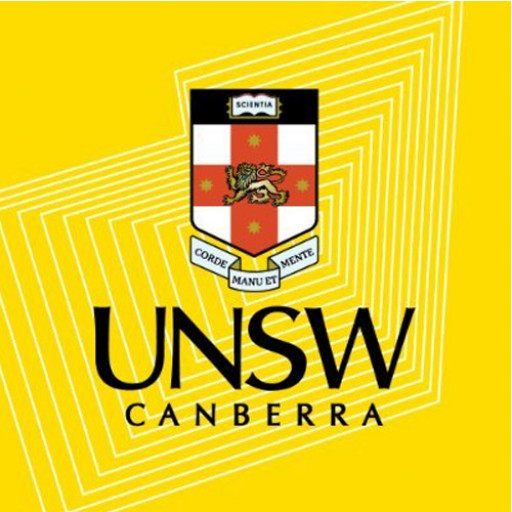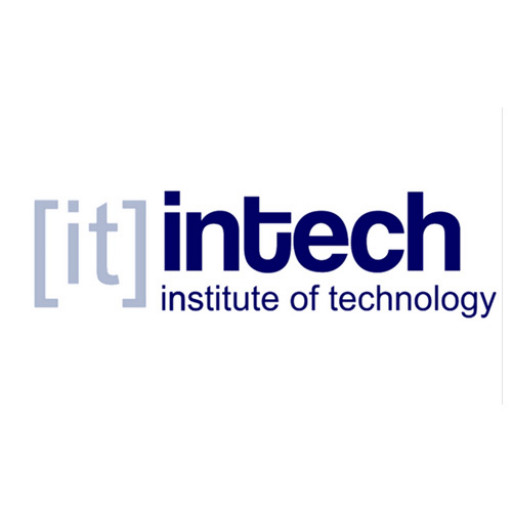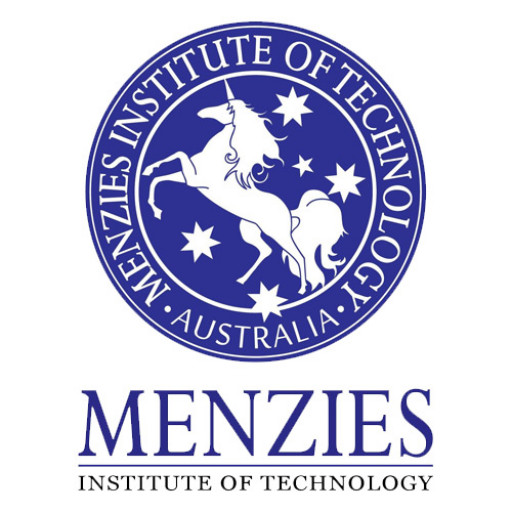Photos of university
Electromechanical Engineering is a multidisciplinary program designed to prepare specialists capable of designing, developing, maintaining, and optimizing complex electromechanical systems. The curriculum integrates core disciplines such as electrical engineering, mechanical engineering, automation, and control systems, providing students with a comprehensive understanding of both electrical and mechanical components and their interactions within modern technological systems. Students will study fundamental topics including circuit analysis, power electronics, mechanical design, control engineering, automation systems, and computer-aided design (CAD), complemented by practical laboratory work and project-based learning. The program emphasizes the development of innovative problem-solving skills, enabling graduates to address challenges in manufacturing, robotics, renewable energy, transportation, and other high-tech industries. Through a blend of theoretical knowledge and practical application, students gain proficiency in the use of advanced software tools and hardware for system modeling, simulation, and testing. The curriculum also covers emerging fields such as mechatronics, embedded systems, and intelligent automation, preparing students for careers in fast-evolving sectors. The program aims to cultivate a generation of engineers equipped to work effectively in multidisciplinary teams, adapt to technological changes, and contribute to the development of sustainable and efficient solutions. Graduates of the Electromechanical Engineering program will be well-positioned for employment in industries such as machinery manufacturing, energy, robotics, aerospace, and automation, or for pursuing advanced studies and research. The university provides modern laboratories, industry collaborations, and opportunities for internships to enrich student learning and ensure alignment with current market needs. Our program nurtures not only technical expertise but also critical thinking, communication skills, and ethical responsibility, fostering professional growth and lifelong learning.
The Bachelor's degree program in Electromechanical Engineering at the National University offers a comprehensive curriculum designed to prepare students for innovative careers in the fields of electrical and mechanical systems. Throughout the program, students will engage in rigorous coursework that combines principles of electrical engineering, mechanical engineering, automation, and control systems, equipping them with the knowledge required to design, analyze, and maintain complex electromechanical devices and systems. The program emphasizes both theoretical understanding and practical skills, providing students with hands-on experience through laboratory work, workshops, and industry internships. The curriculum covers essential topics such as electrical circuits, microcontroller programming, robotics, automation systems, mechanical design, materials science, and thermodynamics. Students will also learn to apply modern computer-aided design (CAD) and simulation tools to develop innovative solutions for real-world engineering problems. Specializations within the program allow students to focus on areas like industrial automation, renewable energy systems, or robotics and mechatronics, aligning their education with current technological trends and industry demands. The university's strong emphasis on research and innovation encourages students to participate in scientific projects and collaborate with industry partners, fostering a spirit of entrepreneurship and continuous learning. Graduates of this program will be well-equipped to pursue careers in manufacturing, energy, transportation, and technological innovation sectors, or to continue their education through master's and doctoral programs. By integrating academic excellence with practical applications, the Electromechanical Engineering program at the National University aims to develop highly skilled engineers capable of contributing to the advancement of modern engineering solutions.
The Bachelor of Science in Electromechanical Engineering at the National University requires applicants to have completed secondary education with a strong emphasis on mathematics, physics, and chemistry. Prospective students must submit a completed application form, a high school diploma or equivalent, and transcripts demonstrating their academic performance. In addition, applicants are often required to pass entrance examinations in mathematics and physics to assess their foundational knowledge and aptitude for engineering studies. Prior knowledge in computer science and technical drawing is advantageous but not mandatory. The program seeks candidates with analytical skills, problem-solving abilities, and an interest in the integration of electrical systems and mechanical components. The university may also consider interview results and extracurricular activities related to engineering or technology fields during the admission process.
Once admitted, students are expected to meet a series of core course requirements to ensure a comprehensive understanding of both theoretical and practical aspects of electromechanical systems. These include fundamental courses such as Calculus, Physics, and Material Science, along with specialized classes in Electrical Circuits, Mechanical Design, Thermodynamics, Control Systems, and Informatics. Practical training is an essential component of the curriculum, with laboratory work, workshops, and internships designed to provide hands-on experience. Students are also required to complete a capstone project in their final year, demonstrating their ability to integrate knowledge and apply engineering principles to real-world problems.
The program emphasizes interdisciplinary learning, encouraging students to develop competencies in areas such as automation, robotics, energy systems, and manufacturing. Throughout their studies, students are expected to participate in research projects, technical seminars, and collaborative assignments to foster innovation and teamwork skills. The curriculum is periodically updated to include emerging technologies and industry standards, preparing graduates for careers in engineering design, maintenance, manufacturing, and project management. Upon graduation, students should possess the technical expertise, critical thinking, and ethical awareness necessary to contribute effectively to the evolving field of electromechanical engineering.
The National University offers several financing options for students enrolled in the Electromechanical Engineering program. Tuition fee payment methods include full payment at the beginning of the academic year, which provides a discount opportunity for students and their families. Alternatively, students may opt for a semester-based payment schedule, allowing for more flexible financial planning. For those who require financial assistance, the university offers scholarships based on academic excellence, which can cover partial or full tuition fees. These scholarships are awarded annually and are competitive, encouraging students to maintain high performance throughout their studies. Additionally, the university participates in government-sponsored grant programs designed to support talented students from diverse backgrounds.
Students also have access to installment plans, enabling them to spread the cost of their education over several months. The financing options are designed to ensure that financial barriers do not prevent access to quality education, and students are advised to consult the university's financial aid office for personalized support. For international students, specific payment arrangements may be available, considering their unique circumstances. Furthermore, students can seek external funding through private scholarships, employer sponsorship programs, or educational loans from financial institutions in their home countries. The university collaborates with partners to facilitate such opportunities and provide guidance on application procedures. Overall, the National University strives to make the Electromechanical Engineering program financially accessible and affordable for all students by offering diverse and flexible payment and scholarship options.
Electromechanical Engineering at the National University offers a comprehensive curriculum designed to prepare students for a wide range of careers in the fields of automation, robotics, industrial maintenance, and energy systems. The program combines theoretical knowledge with practical skills in electrical engineering, mechanical systems, control systems, and automation technologies. Students are introduced to modern tools and software used in design, analysis, and manufacturing processes, enabling them to develop innovative solutions for complex engineering problems.
The curriculum covers core subjects such as electrical circuits, power systems, control engineering, mechanical engineering principles, material science, and engineering mathematics. In addition, students gain hands-on experience through laboratory work, workshops, and industry internships, which are integral parts of the program. These practical components allow students to work on real-world projects, fostering teamwork, problem-solving skills, and technical competence. The program also emphasizes the importance of sustainable engineering practices, energy efficiency, and environmental considerations, reflecting current industry trends and challenges.
The faculty involved in delivering the program consists of highly qualified specialists with extensive research and industry experience. They are actively involved in research activities, contributing to advancements in electromechanical engineering fields. Students have access to modern laboratories equipped with the latest technology for testing and prototype development. The university also maintains partnerships with leading companies and industry organizations, offering students opportunities for internships, cooperative education, and employment after graduation.
Graduates of the Electromechanical Engineering program are equipped to pursue careers in manufacturing, energy, aerospace, automotive, and renewable energy sectors. They can work as design engineers, automation specialists, maintenance managers, project engineers, or researchers. The program aims to develop not only technical expertise but also critical thinking, communication, and project management skills, preparing students to become leaders and innovators in their respective fields.
Overall, the Electromechanical Engineering program at the National University prioritizes a balanced approach between academic excellence and practical application, ensuring that graduates are well-prepared to meet the evolving demands of the global engineering industry.









